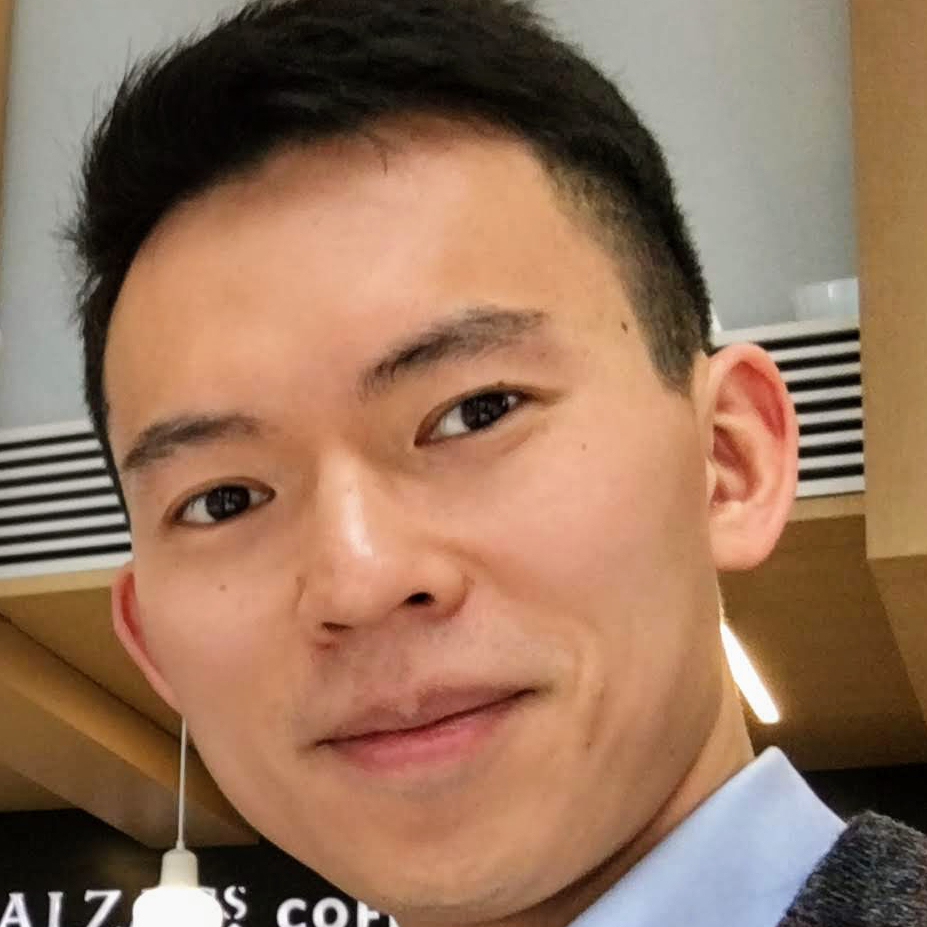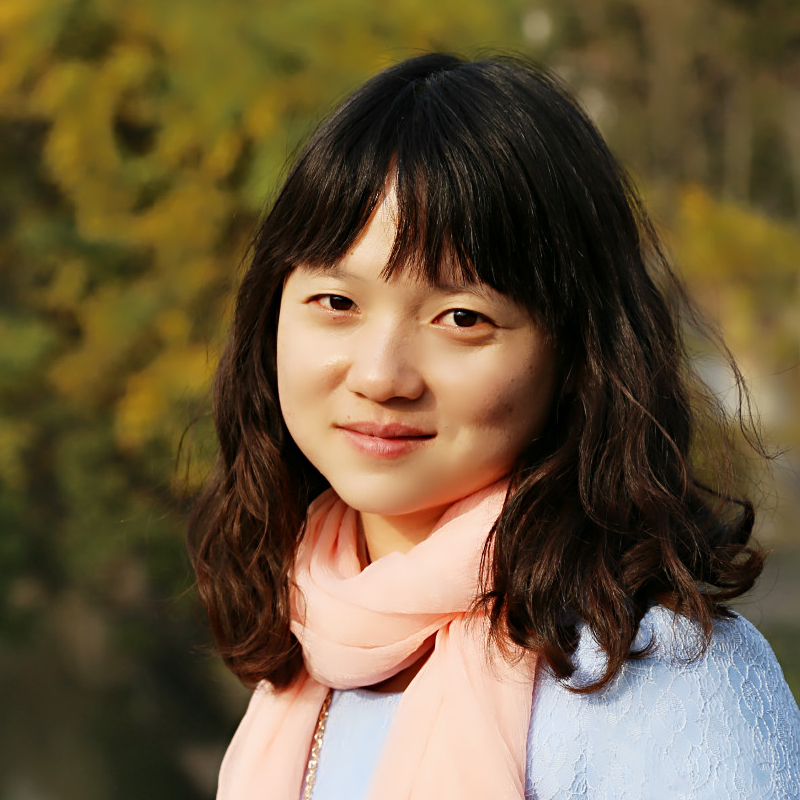
Massive Open Online Courses (MOOCs) have developed into a significant international movement, showing great promise in addressing equity, quality and efficiency issues in education. So far, a large number of MOOCs have been developed specifically for teacher professional development (PD). While supporting teacher PD through MOOCs is attractive, the extent to which they can empower teachers remains largely untested. Have MOOCs become an alternative approach to quality teacher PD? Are MOOCs benefiting teachers from underdeveloped regions where PD opportunities are scarce? Are there evidence of MOOCs’ impact on real-world teaching? These underlying questions motivate this DL4D research project. To fill this significant knowledge gap, we plan to focus on “persistent” teacher-learners in a teacher PD MOOC offered by the X-Learning Center of Peking University, for five iterations during 2014 and 2015. This MOOC provides a unique context for tracking MOOC-supported teacher PD over an extended period of time, and is thus conducive to in-depth insights into the gradual, interactive, and self-reflective process of teacher PD in the MOOC context. We focus on persistent teacher-learners who were engaged in multiple iterations of this MOOC and might have perceived greater needs for PD. The approach taken for this project is a multi-level case study focusing on three objectives: (1) providing rich demographic, intention, and performance sketches of persistent teacher-learners; (2) building behavioural profiles for these learners (in contrast with “regular” learners) and uncovering self-regulative strategies they applied in MOOC learning; and (3) examining the impact of MOOC learning on their teaching practice. Subgroups of persistent teacher-learners, defined by region and socioeconomic factors, will be compared to examine equity issues. The project team has collected a rich dataset of this MOOC including entry- and exit-surveys, learner outcome, and clickstream data. To address research objectives, we will first identify persistent teacher-learners by linking data across all MOOC offerings. We will further apply state-of-the-art data mining techniques to uncover behavioural patterns of learners with special attention to any self-regulatory strategies. We will then pick learners representing different subgroups (e.g., region, gender, income-level) for semi-structured interviews. Qualitative analysis of the interview data will help us depict a rich picture of their learning within and real-world teaching practice beyond MOOCs. This project is of great intellectual merit. It will contribute to our understanding of MOOCs as a potential alternative for professional development for teachers in developing countries and shed light on future design of teacher PD MOOCs.
Publications
- Chen, B., Fan, Y., et al. (in preparation). Teacher perpetual learning in MOOCs. AERA Open.
- Fan, Y., Zhang, G., Chen, B., & Wang, Q. (2018). 他们为什么回来?MOOCs中重复注册者行为与动机分析 [Why did they come back?: Analyzing motivations for repeated enrollment in MOOCs]. 开放教育研究 [Open Education Research], 24(2), 89–96.
- Chen, B., Fan, Y., Zhang, G., & Wang, Q. (2017). Examining motivations and self-regulated learning strategies of returning MOOCs learners. In Proceedings of the Seventh International Learning Analytics & Knowledge Conference (pp. 542–543). New York, NY: ACM. https://doi.org/10.1145/3027385.3029448
- Wang, Q., Chen, B., Fan, Y., & Zhang, G. (2017). MOOCs as an alternative for teacher professional development: Examining learner persistence in one Chinese MOOC. Final project report, DL4D, Manila, The Philippines.
- Fan, Y., Chen, B., Wang, Q., & Zhang, G. (2016, October). MOOC as an alternative for teacher professional development: Examining persistent teacher-learners in one Chinese MOOC. Paper presented at Learning with MOOCs III: Being and learning in a digital age, University of Pennsylvania, Philadelphia, PA.




